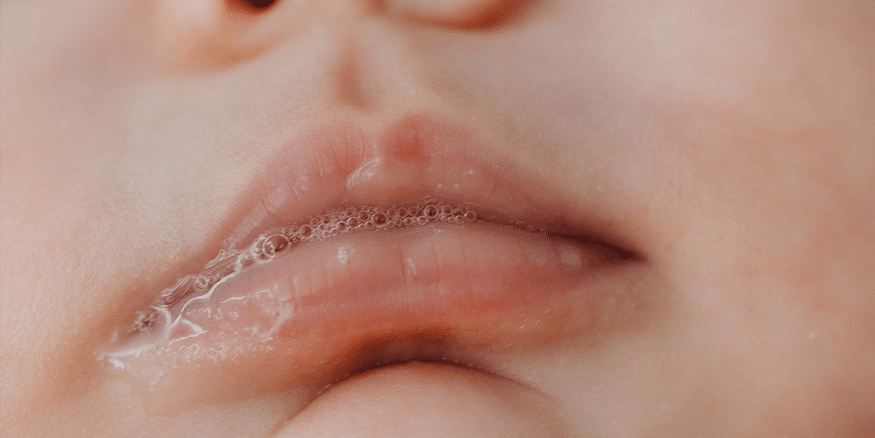Saliva is a biological fluid extremely valuable for the human body because it performs many biological functions. Saliva is the clear and frothy liquid found in our oral cavity, which is secreted through the salivary glands.
The 3 pairs of major salivary glands, which are the parotid, submandibular and sublingual, and secondly the minor salivary glands that are scattered throughout the mouth, such as the tongue, palate, lips and cheeks.
The flow rate of the saliva and its components are affected by various factors, such as age, gender, eating habits and emotional state of the person. The smallest flow of saliva is observed during sleep while its volume and flow increases when there is some stimulus. For example, hard food increases the secretion and flow rate of saliva due to the intense chewing effort.
Saliva contains ingredients such as water, proteins, carbohydrates, mucus, enzymes, lysozyme, immunoglobulins, peroxidase and various inorganic components such as phosphorus, calcium, potassium, sodium, chlorine, fluorine.
The biological functions of saliva are important for oral health and have many beneficial properties:
- Helps to moisten the oral cavity, to swallow food and protects against dehydration.
- It supports digestion because it contains enzymes (such as amylase and lipase) that break down food.
- Saliva protects teeth from the effects of acids and microbes that cause tooth decay (or even damage to the soft tissues of the mouth), while the phosphorus, calcium and fluoride ions it contains contribute to the protection of initial tooth damage.
- Pathogenic microbes are destroyed with the help of antibodies and proteolytic enzymes contained in it
- It has an excretory property because when the values of substances such as urea and heavy metals rise in the blood (due to kidney damage), they are excreted with saliva. It contains substances that prevent the entry of various viruses into the cells and at the same time works as a retarder to the mutagenic properties of certain carcinogenic substances thus preventing their attachment to the oral mucosa.
Saliva, as a diagnostic and genetic tool, is a barometer of the body, since it contains a treasure of health information. A simple test of saliva can detect the predisposition to serious diseases such as breast, pancreatic, prostate and mouth cancer as well as the HIV virus. Biological indicators can also be obtained for various diseases (parasitism, diabetes, hepatitis, etc.), for cardiac problems and allergies. Finally, with a simple saliva sample, the blood group and DNA are determined.
It is truly amazing to think that this biological fluid has so many beneficial properties and that it can reveal so much important information about the human body, a real miracle!

